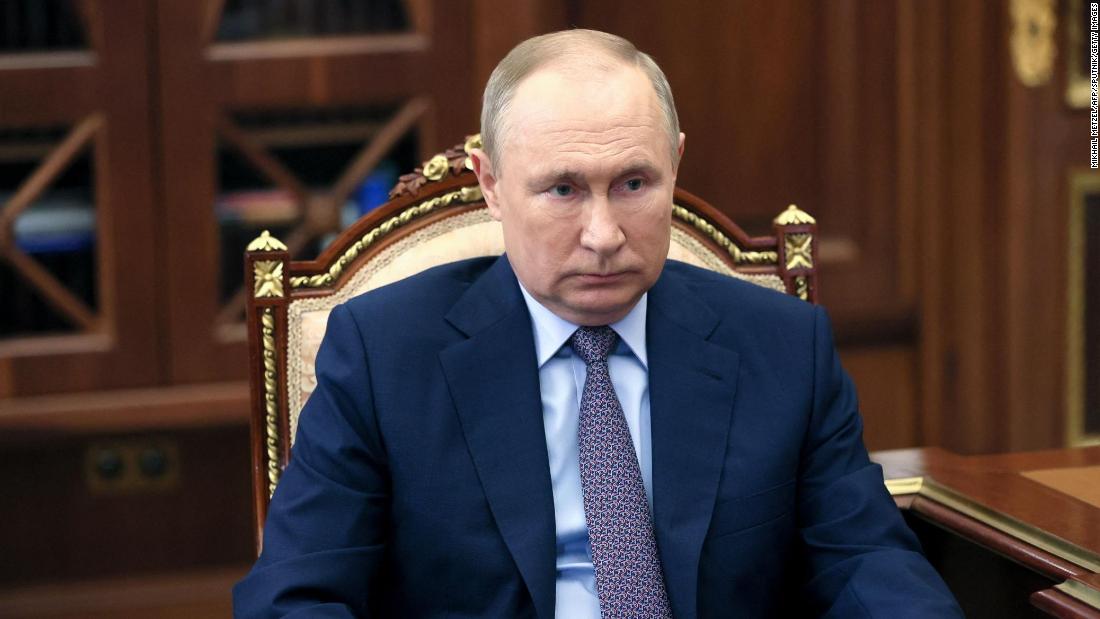Opinion: Mike Tyson words Putin should listen to
Amid all the unknowns, there’s only one thing we know with certainty about how a war would play out in Ukraine: it would be unpredictable. Whatever happens, it’s not going to unfold precisely as military planners predict, no matter how detailed and well thought-out they might be.
That is the lesson the world has learned in conflict after conflict over the past decades of warfare — and in the centuries before that.
Back in 1979, when the Soviet Union was one of the world’s two superpowers, Moscow dispatched the legendary Red Army to support a struggling communist regime. Surely, the scruffy rebels in Afghanistan’s barren hills and caves would be no match for the army that helped defeat Adolf Hitler and stared down the United States across the globe during the Cold War. But they were.
In the US, after 9/11, Washington thought it could make quick work of the Taliban, the heirs to the Mujahadeen that defeated the Soviets and then hosted the mastermind of the terrorist attack, Osama bin Laden. For a brief time, the operation was so successful, so easy, that the US turned its attention to another campaign that didn’t go anything as planned, the war in Iraq.
In Afghanistan, the US underestimated the ability of the Taliban to recover from the attack and lead a successful insurgency; in Iraq, it made a series of blunders that aided the cause of militants. Two decades later, a residual US force is still in a limping Iraq, and America is still paying the strategic price of defeat in a devastated Afghanistan.
Russia’s intervention in Syria seems to have paid off, helping the country’s dictator, a Russian ally, survive. But success in the battlefield can breed arrogance. The early “success” in Afghanistan made Washington overconfident about the outcome in Iraq. Could the success in Syria make Putin excessively confident about a military risky gamble in Ukraine?
Early optimism about war is a common occurrence — a commonly disastrous one.
Far from the quick affair the strategists had envisioned, the fighting featured a new generation of weaponry — as happens with some regularity — transforming the conflict and leading to unprecedented carnage. The political and diplomatic knitting of the region ended up bringing an ever-growing number of countries into the fray.
The war continued for four years, and when it ended it had sown the seeds for World War II, which forever rechristened the Great War into World War I.
Wars almost never play out exactly as planned. That is not to say that no war is ever worth fighting. But when disputes shift from diplomacy and politics to shooting on a battlefield, everything changes.
As Putin’s forces mass along three sides of Ukraine, we can only hope he, too, is a student of history and understands there’s a high likelihood that an invasion will not turn out quite as he expects.
Even if he doesn’t care about history’s verdict, perhaps he can glean its warning to avert disaster — not just for Ukraine, but also for Russia, and potentially other parts of the world.
![]()


